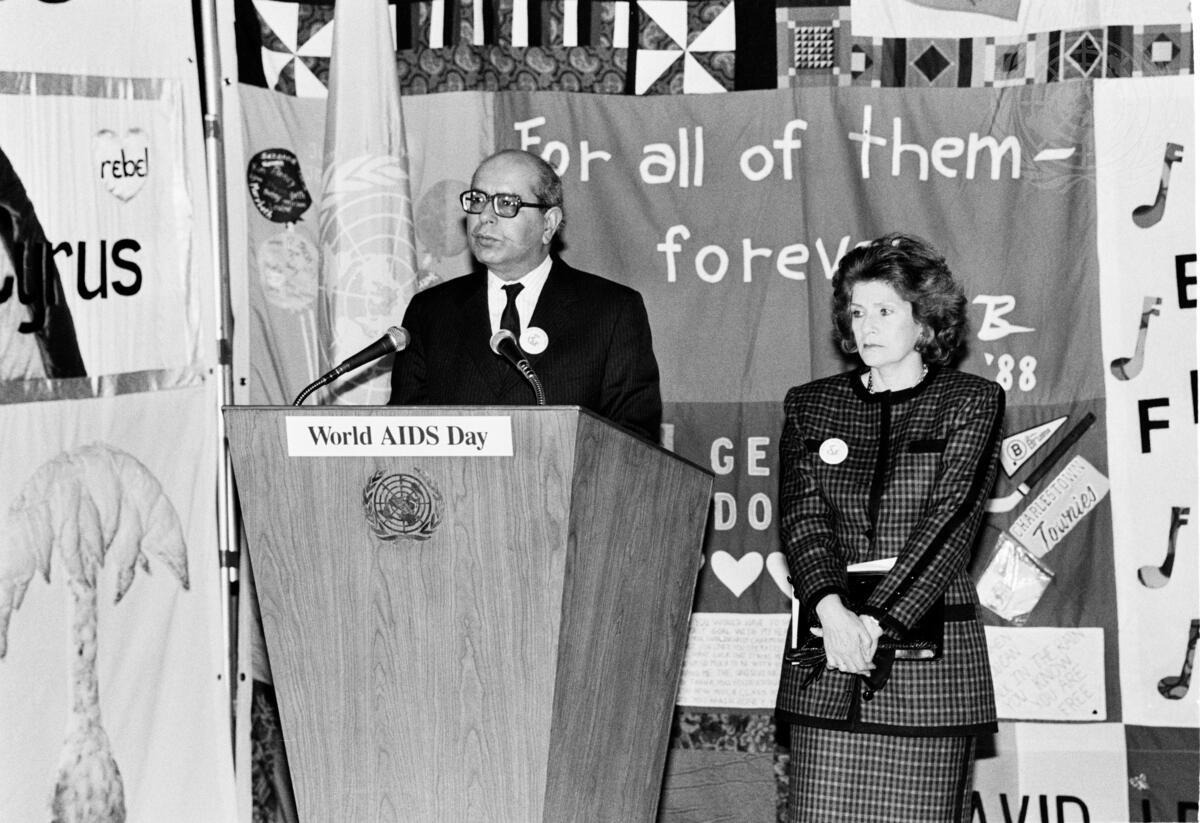Loss of Coverage and Increased Premium Costs Could Disrupt Care for People With HIV, Which Could Have Serious Implications for Public Health
People with HIV may be particularly vulnerable to substantial health care costs, treatment interruption, and declining health if Congress doesn’t extend ACA enhanced premium tax credits by the end of this year, according to a new KFF brief. This analysis examines the impact of expiring tax credits on individuals and the Ryan White HIV/AIDS Program, a federal safety net program for those with low-to-moderate incomes, reaching over half of people with HIV in the U.S.


